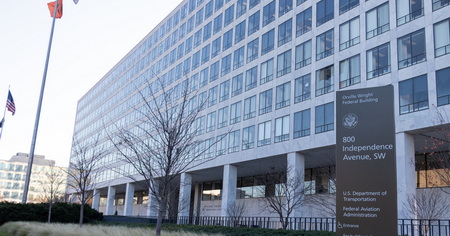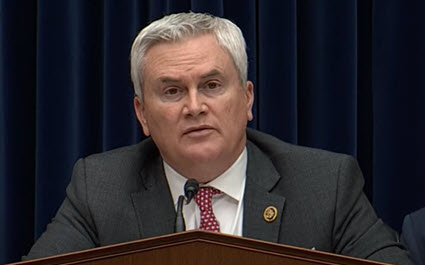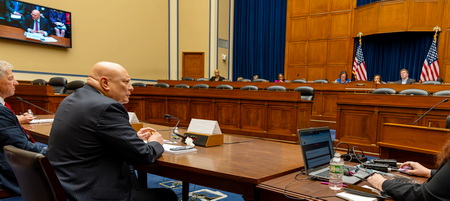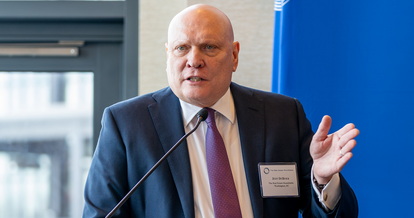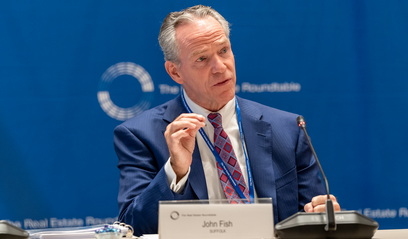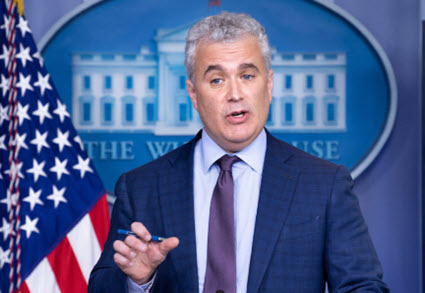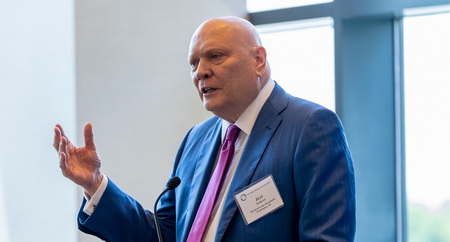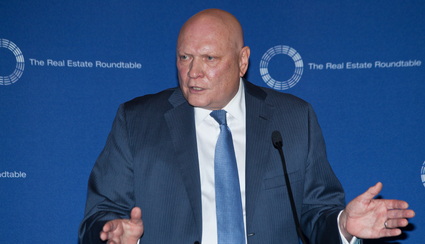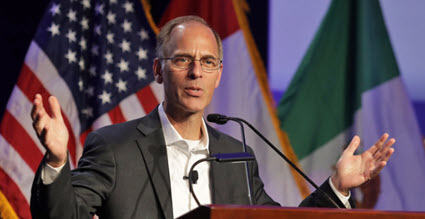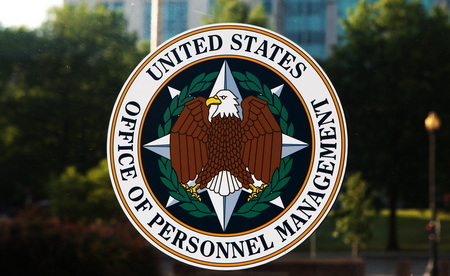
President Donald Trump’s executive order requiring federal employees to return to in-person work, combined with similar legislative efforts in Congress and private-sector return-to-office mandates, could significantly impact Washington, D.C.’s commercial real estate market.
Federal Mandate May Upend Greater Washington Market

- On day one of his second term, President Trump signed a mandate requiring all federal workers to return to full-time in-person work. (Washington Post, Jan. 23)
- “Heads of all departments and agencies in the executive branch of Government shall, as soon as practicable, take all necessary steps to terminate remote work arrangements and require employees to return to work in-person at their respective duty stations on a full-time basis, provided that the department and agency heads shall make exemptions they deem necessary,” the executive order reads. (BisNow, Jan. 20)
- The order could significantly affect the office market in the Greater Washington region, which is still grappling with economic challenges in the commercial real estate sector and a sluggish recovery in downtown activity post-pandemic. This past summer, D.C. recorded its highest-ever office vacancy rate. (WJLA, Aug. 12)
- The executive order coincides with reports that the administration is considering selling two-thirds of the federal government’s office portfolio to the private sector and terminating millions of square feet of leased commercial space. (WSJ, Jan. 21)
Mandate Follows a History of Legislative Attempts

- This executive order aligns with similar efforts from Republicans in Congress to legislate return-to-work mandates for federal employees.
- On January 16th, Rep. James Comer (R-KY), chairman of the House Oversight and Government Reform Committee, reintroduced the SHOW UP Act, aimed at returning the federal workforce to pre-pandemic telework levels. The bill cleared the House along party lines early in the last Congress, but the Senate didn’t take up the companion bill. (FNN, Jan. 17)
- Rep. Andy Biggs (R-AZ) has reintroduced the Return to Work Act, a bill that—similarly to the SHOW UP Act—would return federal employees to the telework schedules they had before the COVID-19 pandemic. (FNN, Jan. 17)
- RER has consistently emphasized that federal policies promoting remote work undermine the health of cities, local tax bases, and small businesses, and urged policymakers to end government policies that encourage remote working arrangements for federal employees. (Roundtable Weekly, Dec. 2023)
Private Sector Efforts
- Leaders in the private sector are also driving the return-to-office momentum.
- In a January memo, JPMorgan Chase announced that all employees would be required to return to in-person work by March. ‘Now is the right time to solidify our full-time in-office approach,’ CEO Jamie Dimon and other executives wrote in the company-wide message, emphasizing that they believe this approach is the most effective way to operate the business. (Bloomberg, Jan. 7)
- Amazon also began 2025 by requiring its nearly 350,000 corporate employees to return to in-person work, including those at its Seattle headquarters and the newly established HQ2 in National Landing. (WMTV, Jan. 2)
Looking Ahead
Despite hesitations, the return-to-office mandates sweeping across both the public and private sectors signal a notable industry shift for commercial real estate and a potential revitalization of urban office hubs. RER strongly supports return-to-office efforts as critical to thriving cities and communities, and looks forward to working alongside our public and private sector partners to drive vibrant downtowns and economies across the country.
